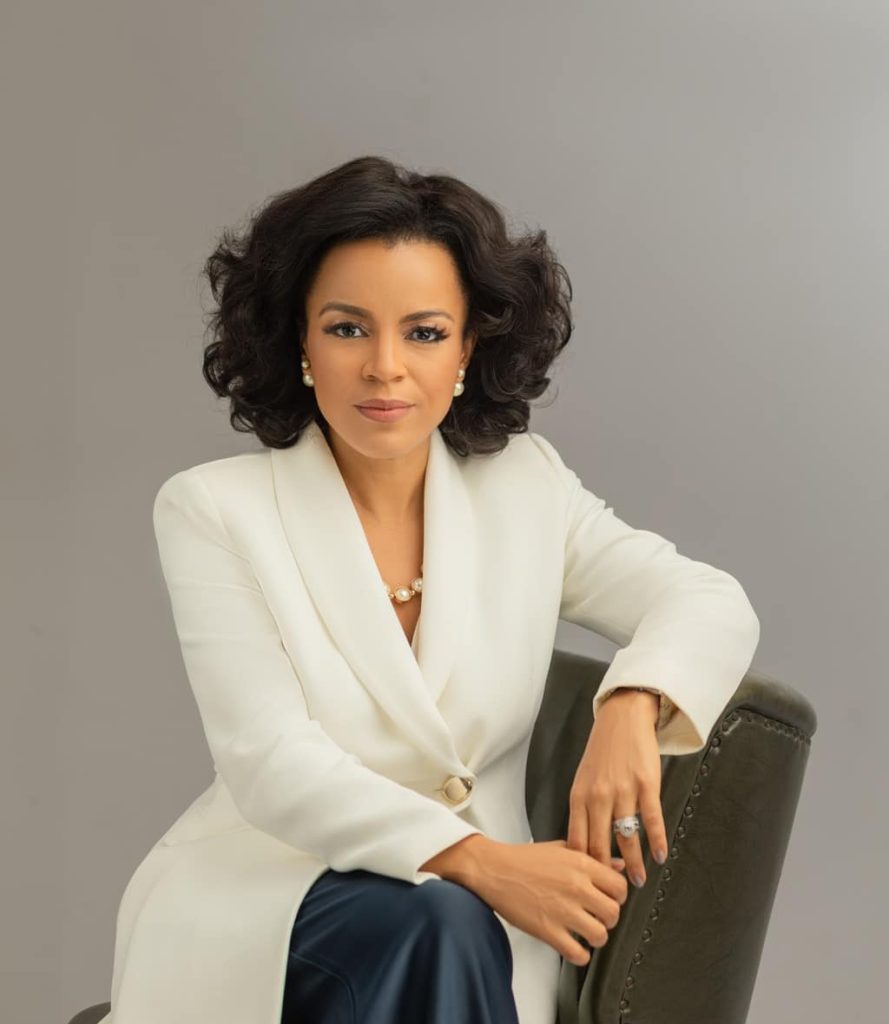The CIF is one of the world’s largest platforms for innovative financing. The Climate Investment Fund (CIF), based in Washington in the United States of America, has a new CEO. Nigerian Tariye Gbadegesin replaces Portuguese Mafalda Duarte, who is now at the head of the Green Climate Fund (GCF), based in South Korea.
The appointment of Tariye Tariye Gbadegesin by the directors of the CIF is a strong signal to the international community on the eve of the launch of the 28th United Nations Conference of the Parties (COP28) on climate change, which is being held in Dubai until 12 December 2023. This is the first time that an African woman will head such an organisation, which is often accused of being more favourable to the climate financing needs of American and Asian countries to the detriment of African states.
Having managed the pan-African ARM-Harith Infrastructure Investments fund, which invests in the energy transition, and the Voluntary Carbon Market Integrity Initiative (VCMI), the Harvard Business School graduate is well aware of the challenges that lie ahead. She will be in charge of an $11 billion portfolio funded by the multilateral development banks (MDBs) and the Group of 20 most developed countries (G20) to promote nature-based solutions and the decarbonisation of the economies of 72 developing countries.
The climate finance challenges facing Tariye Gbadegesin
These countries include, of course, her homeland Nigeria, where the CIF has provided 20 million dollars to finance the construction of the Lagos cable car in 2020. This mode of transport, which is still in its infancy on the African continent, is an environmentally-friendly alternative to the thousands of diesel-powered mototaxis and buses in Nigeria’s economic capital, which currently has a population of 21 million. Tariye Gbadegesin will therefore have to make his own unique mark in this type of financial intervention as soon as he takes office in March 2024.
Read also- Wilfried Adingra: « All innovative financing must be absolutely linked to the SDGs »
This will be against a backdrop still marked by funding gaps between North and South, and the great debate on the end of fossil fuels and food sovereignty. While the World Bank, the African Development Bank (AfDB), the Asian Development Bank (ADB) and the European Bank for Reconstruction and Development (EBRD) are the main providers, it is not out of the question for the new CEO of the Climate Investment Fund to involve the private sector more in her mission to mobilise capital for the climate.
Benoit-Ivan Wansi
